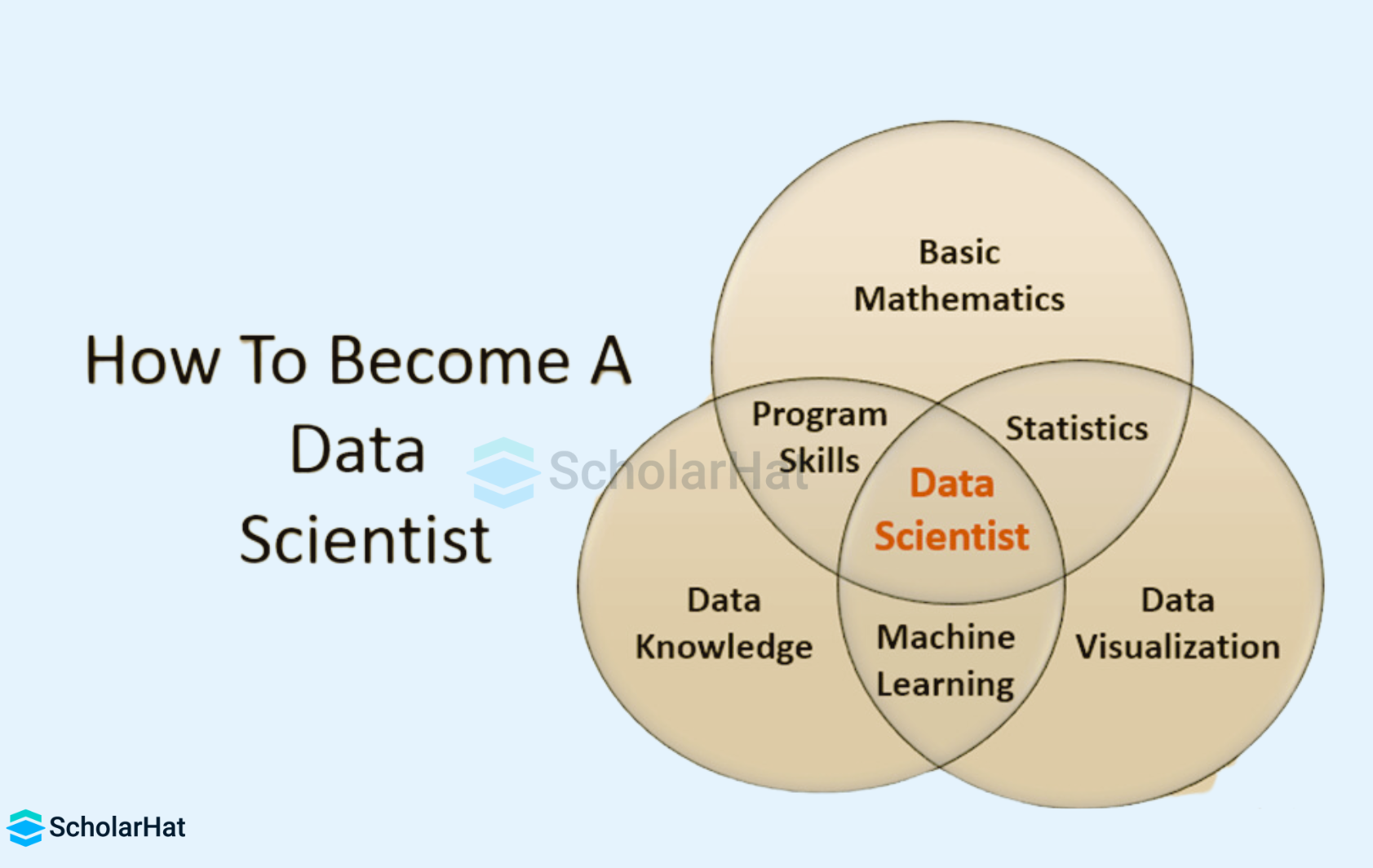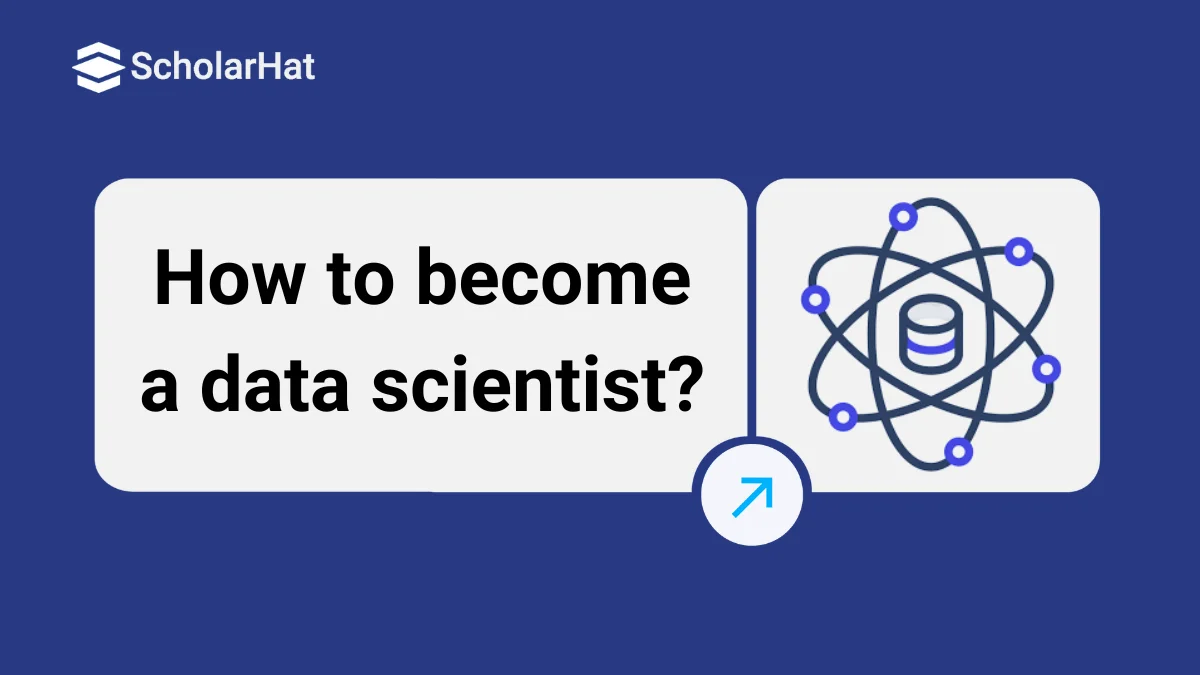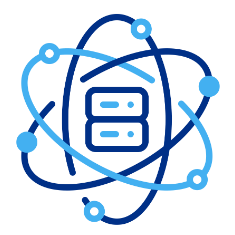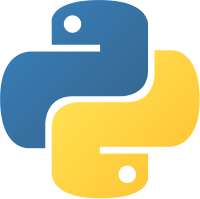13
FebHow to become a data scientist?
How to become a data scientist: An Overview
A data scientist is a member of an information technology or data science team who helps analyze data to provide information that helps organizations make data-based decisions and create strategic plans.With the development of the Internet economy, the speed of data generation is increasing, and the demand for data scientists is rapidly increasing.If you like using technology to solve complex problems, becoming a data scientist can be a perfect career option.
In this Data science tutorial, I will explain how to becomea data scientist, the roles and responsibilities of a data scientist, and the skills you need to succeed. Before this, let's talk about the difference between a Data Scientist and a Data Analyst so that you won't get confused in the future.
Data scientist vs. data analyst:
Data Analyst | Data Scientist |
A data analyst is accountable for designing and maintaining datasystems and databases. | A data scientist is an analytical data expert who has the technical skills to solve complex problems. |
| Requires an undergraduate degree or master’s degree in analytics, computer modeling, science | It requires a background in math or computer science, |
| The average annual salary of a data analyst can range from approximately 4,954,170. | The average annual salary of a data scientist is approximately 10 Lakh rupees. |
| Essential skills for Data Analysts are technical skills and leadership skills. | The data scientist takes the data visualizations created by data analysts a step further. |
| A data analyst can also fix coding errors and other data-related problems. | A data scientist Collects large amounts of unruly data and transforms it into a more usable format. |
Read More - Data Science Interview Questions
How to Become a Data Scientist in 2025: 12-Step GuideThe following steps are required to become a data scientist in 2025. Each step gives brief information on how to become a data scientist.

Step 1: Pursue an undergraduate data science degree
Becoming a data scientist requires a solid foundation in various areas of mathematics, including linear algebra, calculus, and statistics.Although we can expand our knowledge through individual courses, data scientists typically have a bachelor's degree in a field such as mathematics, statistics, economics, or engineering.You also have the opportunity to pursue a bachelor's degree program focused on data science, covering not only mathematics and statistics, but also data-oriented programming languages, statistical software, database software, and more.
Most data scientists have a bachelor's degree, preferably in a scientific field such as engineering, mathematics, IT, or another related field.A bachelor's degree in a quantitative field will help you improve your problem-solving skills through analytical and critical thinking, which is one of the most important skills you need to have as a data scientist. So get your degree first.
Step 2:Learn fundamentals
The obvious starting point when thinking about how to become a data scientist is to assess what you know and what you don't know. Niche or specialized fields can only be developed once the basics of the industry are complete.So it's not a waste of time just to get started.You should focus your energy here:- Statistical analysis:This involves analyzing data and presenting results through unbiased and accurate statistics.
- Programming:Writing code and building software are important skills in many areas of data science.
- Data Visualization:Displaying data in tables, graphs, charts, or dashboards allows both technical and non-technical people to understand the data quickly and easily.
- Machine Learning:Build software that “learns” from the data you collect and uses that data to adapt processes on the fly to your unique circumstances.
Step 3:Gain Required Skills To Become A Data Scientist
Earning a bachelor's degree will give you comprehensive skills to prepare you for a career in data science.However, if you choose to earn a bachelor's degree in a more general field such as business or mathematics, you may need to build additional skills. To land a data science job, it's important to have the following skills:
Technical skills:
- Proficiency in programming languages such as Python or R.
- Strong knowledge of statistics and mathematics.
- Expertise in data manipulation and analysis using tools like SQL and Pandas.
- Experience with machine learning algorithms and techniques.
- Familiarity with data visualization libraries like Matplotlib and Tableau.
- Ability to work with big data technologies such as Hadoop and Spark.
Analytical skills:
Data scientists have great analytical skills that help them visualize a problem from all angles and provide a solution after considering and evaluating all possible solutions. You will check and verify the accuracy of data and information, and your analytical skills will help you do this smoothly.The ability to visualize, analyze, and translate numbers into mathematical relationships to provide solutions will help you become a better data scientist.Data scientists can visualize how different elements interact, allowing them to efficiently solve business problems.
Time management skills:
Data scientists may be required to work on multiple projects with tight deadlines, and time management skills are essential to ensure on-time delivery.Time management skills help data scientists use their time efficiently and achieve desired goals and results.Creating and sticking to schedules, setting deadlines, long-term and short-term goals, managing time effectively, and prioritizing tasks are all part of time management skills.That's the important part.
Communications skill:
- Data scientists often need to communicate their analysis and results to managers and leaders, which requires good communication skills.
- Written communication skills are essential for creating reports and presentations that clearly communicate ideas.
- Oral communication is essential to clarify your ideas and make suggestions to the relevant audience.
- Being clear and concise, practicing empathy, calmly asserting your point, and using your body language to get your point across are important parts of good communication skills.
These skills are essential for data scientists to effectively analyze and interpret large amounts of data, derive meaningful insights, and develop models and solutions to complex problems. This is just an overview of skills. However, for in-depth information on skills, you can go through our tutorial called Skills Required for Data Scientist.
Step 4:Be good at data science tools
Data scientists use different tools to perform different tasks.The specific tools a data scientist needs will depend on their focus, the industry they work in, and the data they use.According to the BLS, the tools available to data scientists include:
- Web scraping tools that help collect data from websites.This data can be used for market research, product development, customer analysis, etc.
- Machine learning tools are used to create models that can learn from data and make predictions.These models can be used for fraud detection, spam filtering, product recommendations, and more.
- Data visualizationtools can create graphics, charts, and other visual elements that help data scientists understand and communicate their results. In Data visualization,These visual representations can be used to present data to stakeholders, make decisions, and identify trends.
- Business intelligence tools help collect, store, and analyze data from various sources.This data can be used to track performance, identify issues, and make improvements.
- Instant metrics tools provide real-time insights into your data so you can quickly and effectively use the information to make decisions.
- Insights tools help you find meaning from your data, identify trends, solve problems, and make recommendations.
Continuous learning and adapting to new tools and technologies are also important to staying current in this rapidly evolving field.
Step 5: Get certifications
Data science certifications can be a valuable way to demonstrate your skills and knowledge to potential employers. Insightful Data scientist training certifications will enhance your journey to becoming a data scientist. These are valuable certifications you can do:
- Amazon Web Services (AWS) Certified Data Analytics Specialty
- Certified Analytics Professional (CAP)
- Cloudera Certified Associate (CCA)
- SAS (Statistical Analysis System)
The list above is helpful starting point for exploration and research. Also, consider our following Certification to grow your skills:
Step 6:Earn a master’s degree
A master's degree in data science is not required to enter this field, but it's very helpful to have one. Candidates who studied another subject in their bachelor's degree program and are considering moving into that field can cover topics such as machine learning, data mining, statistical analysis, and data visualization in their master's degree program.You can also improve your programming skills in languages like Python and some employersmay specifically seek candidates with a master's degree for senior leadership or management positions.Start your data science career
After earning a postgraduate or master's degree in data science and getting to know about all its skills, you are ready to put your foot in the data science industry. While stepping into the practical world you have to keep in mind about following steps.
Step 7: Get to know about the Salary Of A Data Scientist
Data Scientists are some of the highest-paid professionals in the tech industry. Generally, The average salary of a data scientist is ₹11,49,090 per year. This figure can vary depending on the location. For example, the average salary of a data scientist in Chennai, Tamil Nadu, is ₹12,96,990 per year. In Mumbai, Maharashtra, a data scientist earns ₹9,70,130 on average. For detailed information about salary, you can go through our Data Scientist Salary in India article, You will get an exact idea here.
Step 8:Build your portfolio
Create a portfolio of major projects you've worked on to highlight your skills to recruiters and give yourself an edge over other candidates.You can include examples of projects you led in previous organizations in a visual format to demonstrate your skills and abilities and show the impact you've had in the past.
Similarly, there are various online resources on the topic, such as templates that you can use when creating your portfolio, to make it exciting and appealing to potential recruiters.
Step 9:Build your Network
Networking is a great way to get your foot in the door from the beginning.It will help you hone your skills, find friends with similar interests, work on passion projects, and ultimately land a job in your science field.
LinkedIn: It is a useful tool if you use it correctly. Always connect with colleagues and acquaintances you make within the industry, even those with whom you simply attended an event.
Step 10:Pursue a Data Science Internship
If you have financial stability enough that you can work for free or for limited pay, look into getting a data science internship to complement your study with real-life experience.
Step 11:Prepare for interviews
When preparing for a data science interview, research is key.Find out about the company, the people, the role, typical data science interview questions, and questions to ask your interviewer.
These are a few questions you might encounter:
- What are the pros and cons of a linear model?
- What is a random forest?
- How would you use SQL to find all duplicates in a data set?
- Describe your experience with machine learning.
- Give an example of a time you encountered a problem you didn’t know how to solve. What did you do?
Consider the Data science interview questions tutorial for a better understanding.
Step 12:Apply strategically
Customize your applications for each position you apply for. Well, prepare your resume, cover letter, and any additional materials to showcase how your skills and experience align with the specific job requirements.
Throughout the application process, make sure to stay up to date with the latest developments, tools, and techniques in the field.Commit to continuous learning that demonstrates your commitment to professional development.
Summary:
You should also keep in mind that finding a job in the data science field can take time. So be persistent, be patient, and be open to feedback. By continually learning, building your skills, and expanding your network, you increase your chances of finding the right job.Fill free to give feedback on this article.
| Download this PDF Now - Data Scientist Roadmap PDF By Scholarhat |






